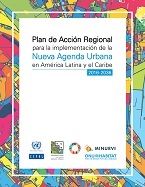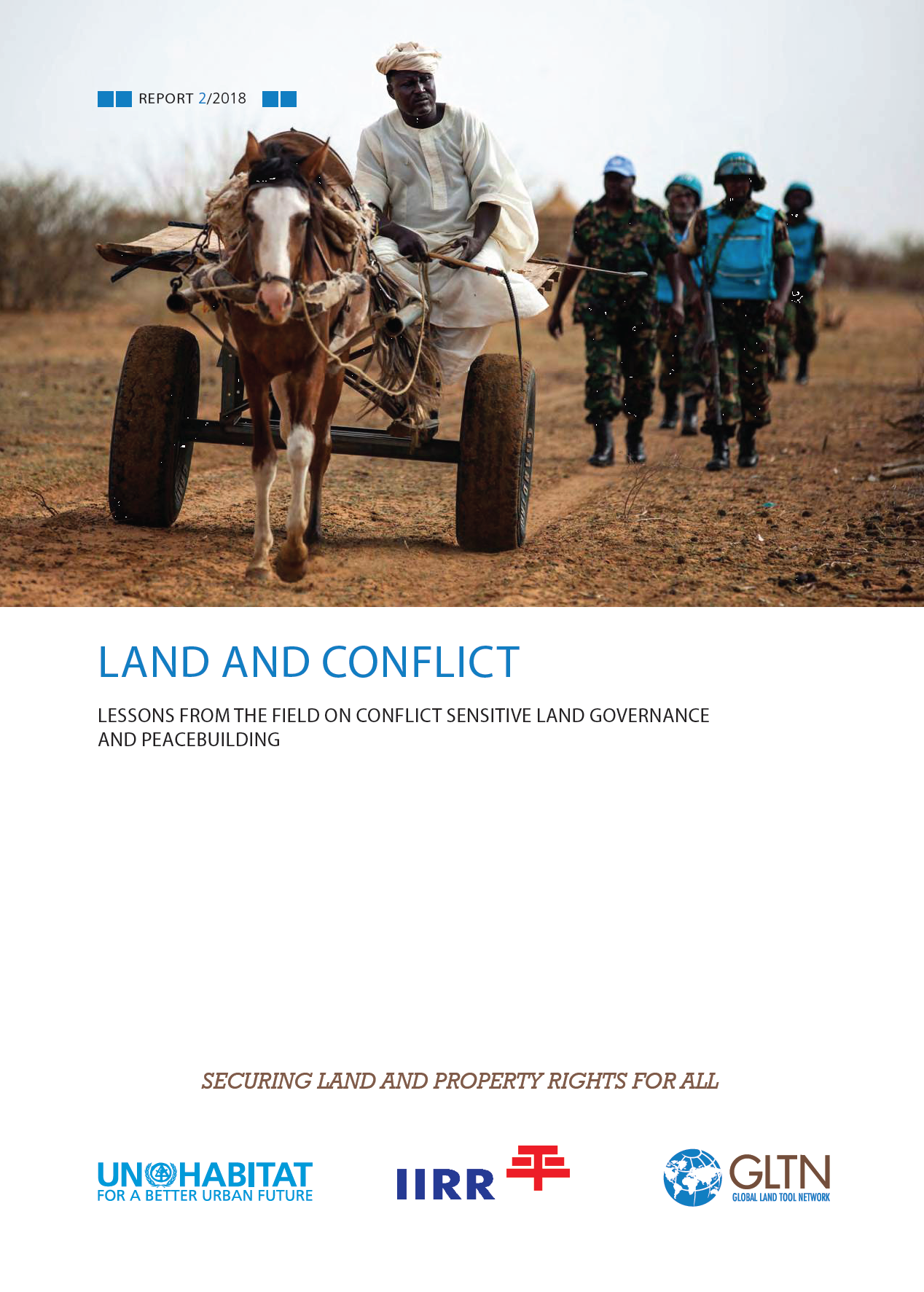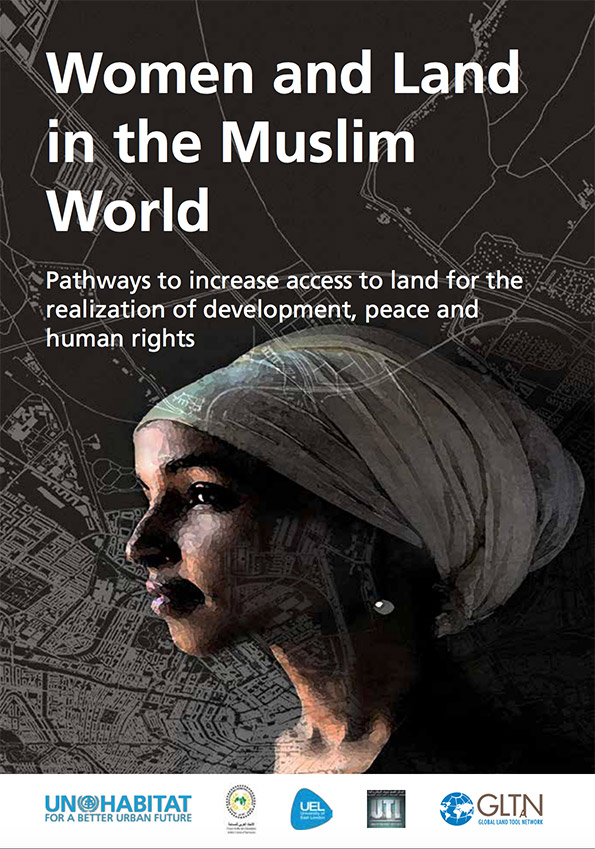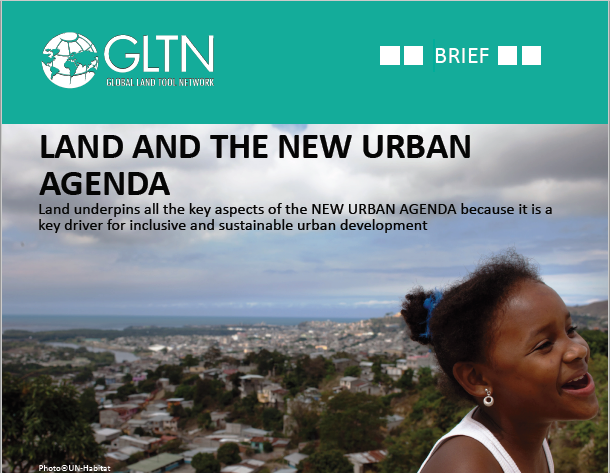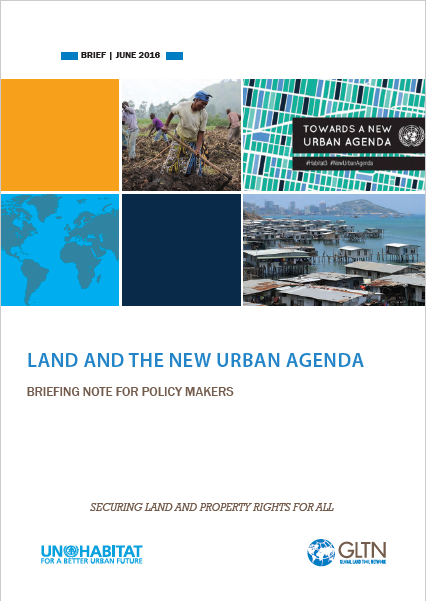Location
UN-Habitat is the United Nations programme working towards a better urban future.
Its mission is to promote socially and environmentally sustainable human settlements development and the achievement of adequate shelter for all. Cities are facing unprecedented demographic, environmental, economic, social and spatial challenges. There has been a phenomenal shift towards urbanization, with 6 out of every 10 people in the world expected to reside in urban areas by 2030. Over 90 per cent of this growth will take place in Africa, Asia, Latin America, and the Caribbean. In the absence of effective urban planning, the consequences of this rapid urbanization will be dramatic. In many places around the world, the effects can already be felt: lack of proper housing and growth of slums, inadequate and out-dated infrastructure – be it roads, public transport, water, sanitation, or electricity – escalating poverty and unemployment, safety and crime problems, pollution and health issues, as well as poorly managed natural or man-made disasters and other catastrophes due to the effects of climate change. Mindsets, policies, and approaches towards urbanization need to change in order for the growth of cities and urban areas to be turned into opportunities that will leave nobody behind. UN-Habitat, the United Nations programme for human settlements, is at the helm of that change, assuming a natural leadership and catalytic role in urban matters. Mandated by the UN General Assembly in 1978 to address the issues of urban growth, it is a knowledgeable institution on urban development processes, and understands the aspirations of cities and their residents. For close to forty years, UN-Habitat has been working in human settlements throughout the world, focusing on building a brighter future for villages, towns, and cities of all sizes. Because of these four decades of extensive experience, from the highest levels of policy to a range of specific technical issues, UN-Habitat has gained a unique and a universally acknowledged expertise in all things urban. This has placed UN-Habitat in the best position to provide answers and achievable solutions to the current challenges faced by our cities. UN-Habitat is capitalizing on its experience and position to work with partners in order to formulate the urban vision of tomorrow. It works to ensure that cities become inclusive and affordable drivers of economic growth and social development.
Members:
Resources
Displaying 36 - 40 of 223Plan de acción regional para la implementación de la nueva agenda urbana en América Latina y el Caribe, 2016-2036
El Plan de Acción Regional para la Implementación de la Nueva Agenda Urbana en América Latina y el Caribe (PAR) pretende ser la expresión regional de la Nueva Agenda Urbana (NAU). El PAR promueve la elaboración de políticas basadas en evidencia de las dinámicas de la urbanización, y establece recomendaciones de acciones e intervenciones potenciales, así como también orientación política relevante y prioritaria para todos los países en América Latina y el Caribe para el logro del desarrollo urbano sostenible.
Land and Conflict
Land is often a critical aspect of conflict: it may be a root cause or trigger conflicts or may become an issue as the conflict progresses. Conflicts lead to forced evictions; the people who are displaced by conflict need somewhere to live and some land to farm or to graze their animals, often leading to further disputes over the use of land and other resources.
Women and Land in the Muslim World
This publication provides practical and evidence-based guidance on how to improve women’s access to land as an essential element to achieve social and economic development and enjoyment of human rights, peace and stability in the specific context of the Muslim world. The challenges faced by women living in Muslim contexts do not substantially differ from those faced by women in other parts of the world: socially prescribed gender roles, unequal power dynamics, discriminatory family practices, unequal access to justice are the most common.
Flyer LAND AND THE NEW URBAN AGENDA
LAND AND THE NEW URBAN AGENDA Land underpins all the key aspects of the NEW URBAN AGENDA because it is a key driver for inclusive and sustainable urban development
Land and the New Urban Agenda – Briefing Note for POLICY MAKERS
Land and the New Urban Agenda - Briefing Note for POLICY MAKERS

